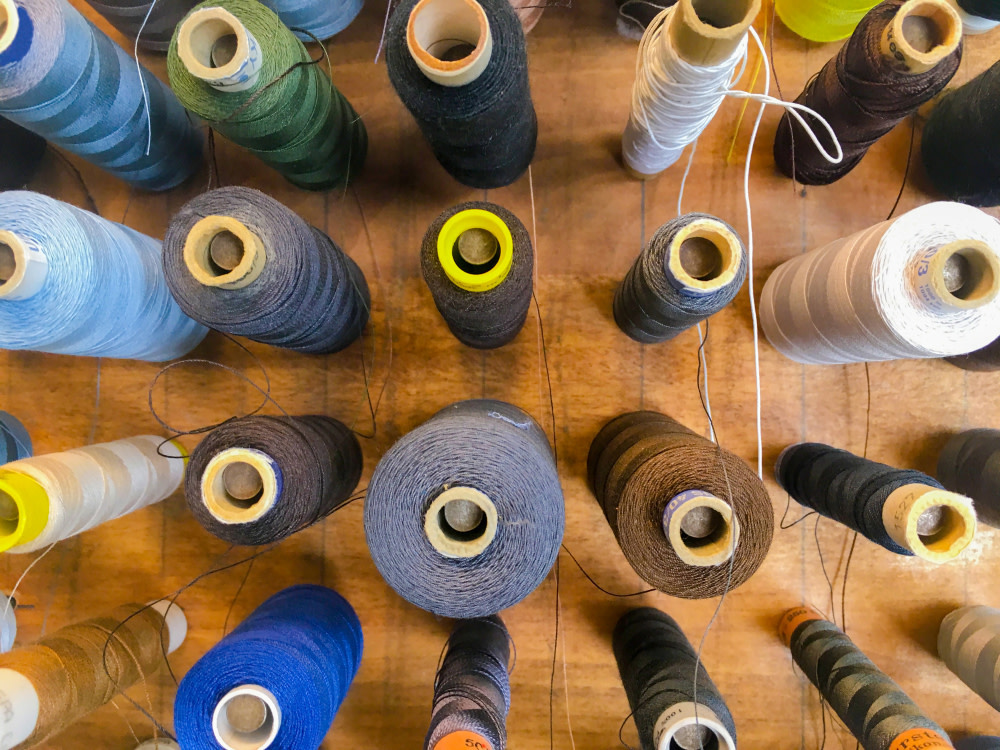Weaving Sustainability: Indian Textiles face EU Test

India's textile and clothing industry, a crucial part of the country's smaller businesses, is gearing up for a positive change.
This shift is due to the European Union's (EU) new rules on environmental and social standards, especially the Carbon Border Adjustment Mechanism (CBAM), set to be enforced in 2026 according to reports.
These rules, part of the EU's larger plan called the European Green Deal, could reshape how we make and supply sustainable goods worldwide. Indian textile exporters are changing how they work, seeing sustainability as not just a rule to follow, but as a way to show they are major players in the global market.
This change also brings new chances for benefits through an upcoming free trade agreement with the EU. In Tamil Nadu, a big state for textiles, the industry is making progress towards sustainability. It contributes over half of the state's renewable energy and is using eco-friendly methods in many textile processing units in Tirupur.
However, there are challenges, like the costs of following the rules, paperwork, and different labour costs in various states. To deal with these issues, groups of businesses, the Ministry of Textiles, and banks are looking at ways to help, such as creating a special team for environmental and social issues and offering money for green projects.
Even with these efforts, the industry wants special help for smaller businesses and asks for specific rules on exporting sustainable goods. This shows a joint effort towards a future where being sustainable is just the way things are done.
To view and compare company ESG Ratings and Sustainability Reports, visit our Company ESG Profiles page.
Source: Apparel Resources

